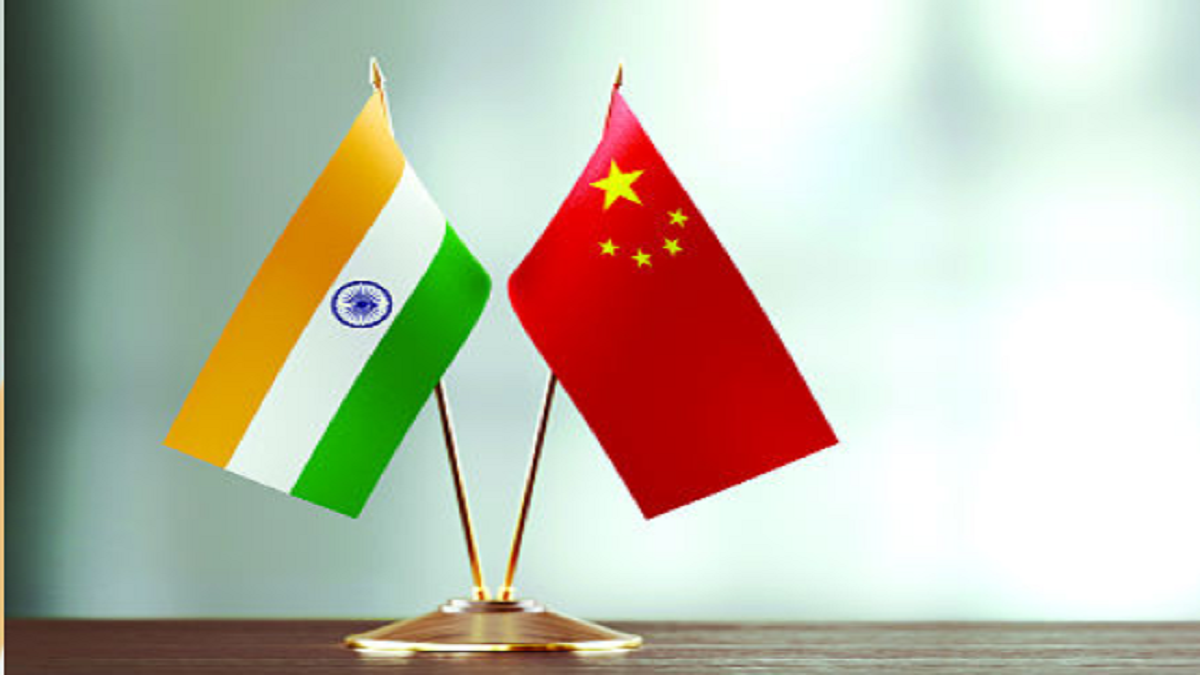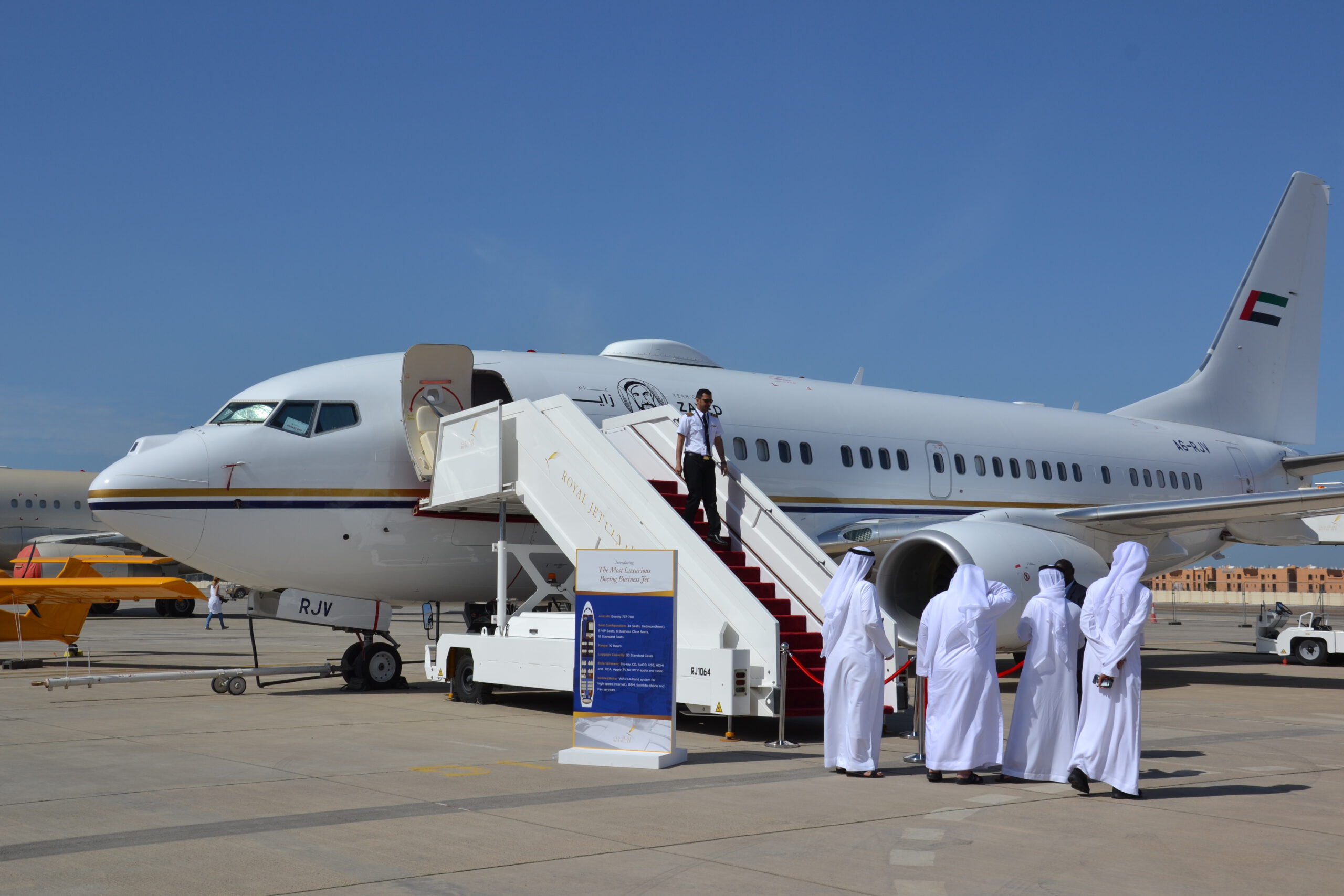
India and the Philippines have agreed to expand strategic and security partnership in what is being seen as an important development amid China’s territorial ambitions in the Indo-Pacific region. “External Affairs Minister S. Jaishankar and Teodoro L Locsin, Secretary of Foreign Affairs of the Philippines, discussed key strategic and security issues during a bilateral meeting in Manila following which both the countries decided to take strategic ties to a higher level,” sources told The Daily Guardian.
Both the nations also agreed to strengthen engagement in counter-terrorism and defence and maritime security. It was the first visit by an Indian Foreign Minister to the Philippines in a decade which took place significantly days after Quad foreign ministers’ meeting stressed the need to enhance engagement with the ASEAN countries, which are central to the strategy aimed at dealing with Chinese aggressive agenda in the Indo-Pacific. What is also important is that Jaishankar’s visit and dialogue happened in the backdrop of a contract for supplying BrahMos missiles to the Philippines which will be the first recipient of Brahmos missiles aboard.
India and the other Quad members—US, Australia and Japan—are aware that the Philippines is facing a challenge from China towards its maritime claims. What is believed is that the Brahmos missile will improve the Philippines naval warfare capabilities at a time when Beijing is building up its military presence on the islands in the South China Sea which is close to Manila. The Philippines Navy will receive the first of these missiles by the end of 2022.
Sources told The Daily Guardian that the issue of Chinese agenda in the region did come up during the discussion between Jaishankar and Locsin, with the latter highlighting concern about China’s “aggressive territorial” claims. The meeting assumed significance also in the light of the fact that despite its territorial disputes with the Philippines, China continues to maintain military ties with the Southeast Asian nation. “Indian diplomats in Manila also touched upon this as well, alerting their counterparts to Beijing’s ulterior motives,” sources added.
Jaishankar’s engagement with Locsin is important also in view of the Quad acknowledging both the Philippines and Indonesia as key to Indo-Pacific security. Strategically both the countries are quite important in this region. “We are entering a new phase of our partnership. Its basis is the mutuality of national security and development aspirations. Our conversation covered a range of issues dealing with both,” Jaishankar tweeted soon after meeting his counterpart in the Philippines. “The two ministers reviewed developments in bilateral relations since the meeting of the Joint Commission on Bilateral Cooperation that they co-chaired in virtual format in November 2020. They discussed the future trajectory of the wide-ranging engagement between the two countries and had an in-depth exchange of views on regional and international issues of mutual interest, the External Affairs Ministry said in a statement.
“Welcoming the recent trends in bilateral ties that have contributed to the cooperation, expansion and the vision of the leadership of both countries, Jaishankar and Locsin agreed to further work towards “strengthening engagement in counter-terrorism and defence and maritime security, covering defence capabilities as well as military training and capacity building.”
“In light of the complementarities between two countries as fast growing market economies, and the shared interest in diversifying supply chains, the ministers agreed to make efforts to further expand economic cooperation as well as trade and investment links in a range of areas such as agriculture, infrastructure, health and pharmaceuticals, tourism, ICT, and science & technology,” the external affairs ministry said.
To expand business, tourism and student exchange between the two countries, both sides also agreed on the need for a simplified visa regime between India and the Philippines. Jaishankar also sought the attention of the Philippine government to facilitate early return of Indian medical students to the Philippines.
“Both Ministers agreed to coordinate closely at multilateral fora and reaffirmed their strong commitment to a multifaceted partnership that would facilitate the developmental aspirations and shared priorities of the two democracies in the Indo-Pacific region,” the statement said. During the Quad meeting of foreign ministers in Melbourne last week, Jaishankar had categorically said that India would continue to support our ASEAN partners in their efforts to uphold peace, stability, and prosperity in the region. Their centrality is important to recognize and reiterate, Jaishankar pointed out.















